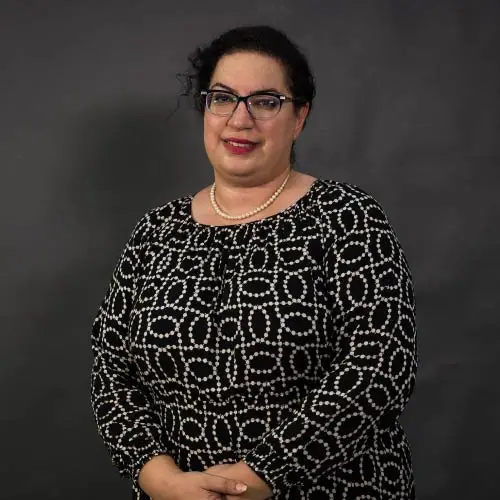Understanding the gap present, she furthered her Master’s degree, focusing her research on virtual tourism and continued her PhD thesis on rural tourism. Together with her knowledge in IT and her passion for tourism, she ventured into her award-winning research to understand more about how virtual tourism can encourage senior citizens to use VR for tourism after experiencing the new way of travelling firsthand.
“In this age where global trends are widely disseminated, travel operators must pay extra attention to the older population whose demand for future tourism service is potentially abundant,” she explains. “These companies must have the knowledge to cater for their wants and needs in actual and virtual travellers.”
With VR, Dr. Rokhshad believes their needs will be satisfied. “With the use of technology, travels are made possible for all, the senior citizens, the physically challenged as well as for those who cannot really afford. VR can provide immersive interactive experiences for users in virtual environments making tourism more accessible to people with political mobility barriers.”
Through her research, the joy of travelling is no longer exclusive to the young, able, and those who can afford it, but to each and every one of us.
“Seeing the smile on the residents’ faces at the end of each session was priceless. Giving them the joy of traveling is the gift we at The School of Hospitality, Tourism and Events of Taylor’s University are proud as well as humbled to provide to enhance their lives,” she said as she shared how the project was a unique journey to her.


